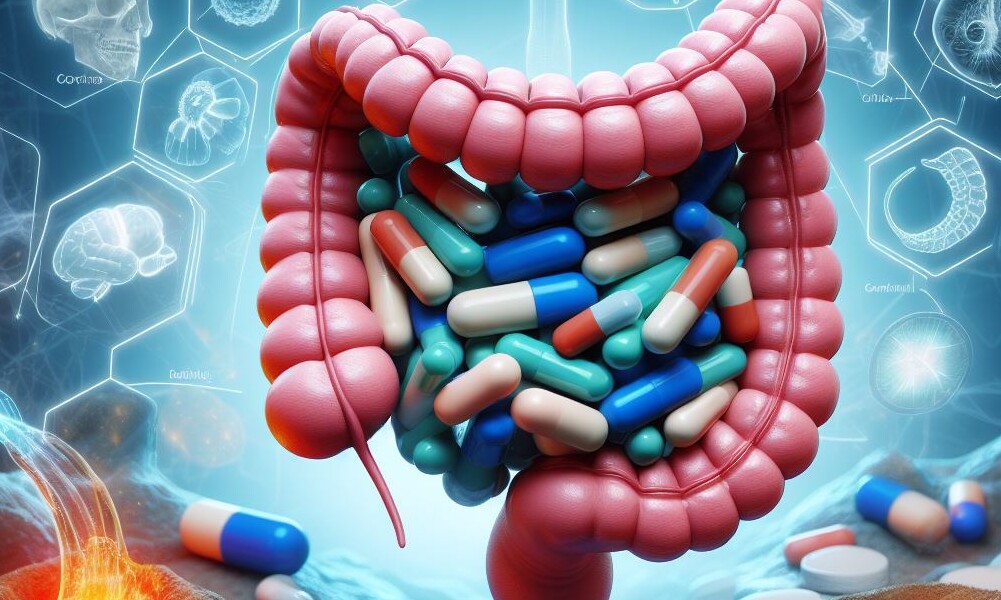Calls for Ukraine
Calls for Europe
Calls for USA

As of 2019, about 4.9 million people worldwide had inflammatory bowel disease (IBD), a chronic disease affecting the digestive tract.
The two main types of IBD are Crohn’s disease and ulcerative colitis.
Currently, there is no cure for IBD, and scientists are still unable to identify the exact cause of the disease.
The new study, which was published in the journal ScienceAdvances, reports that antibiotics can damage the protective layer of mucus in the gut, potentially increasing the risk of developing ICD.
According to Shai Bel, principal investigator at the Azreili Faculty of Medicine at Bar-Ilan University in Israel and lead author of the study, the team of scientists decided to closely examine antibiotic use and its potential impact on the risk of developing IBD since recent epidemiologic studies have found a strong and dose-dependent association between antibiotic use and the risk of developing IBD.
“Unlike many other exposure factors, this one can be tested in laboratories under well-controlled conditions,” Bel told Medical News Today.
In this study, the researchers used a mouse model of IBD, utilizing advanced techniques such as RNA sequencing, machine learning and mucus secretion measurement to find out the extent of the antibiotics’ impact.
At the end of the study, Bel and his team found that antibiotics such as ampicillin, metronidazole, neomycin and vancomycin damaged the protective layer of mucus in the digestive tract, allowing bacteria to penetrate the gut and increasing the risk of intestinal inflammation.
“We always thought antibiotics were only harmful to bacteria and not the human body, but our new study shows that antibiotics directly affect the cells in our gut,” says Bel. “This impact prevents the cells from secreting protective mucus, which can cause bacteria to invade deeper layers of tissue. Over time, this inhabitation of bacteria in places where they shouldn’t be leads to the activation of the body’s inflammatory response, which is the hallmark of IBD.”
In addition, the researchers found that the negative effects of antibiotics on the intestinal mucosal barrier were not due to changes in the gut microbiome, but to changes directly in the cells of the intestinal wall responsible for mucus production.
“Antibiotics should be used when necessary, but these days they are prescribed far too often,” Bel said.
Perhaps with the new knowledge, the use of antibiotics will be limited to those cases where their benefits have been proven.
The main conclusion is that antibiotics can affect humans directly, regardless of how they affect the bacteria living in the human body.
By better understanding the risk factors for developing GCD, researchers can develop new strategies for disease prevention and treatment.
Please rate the work of MedTour
